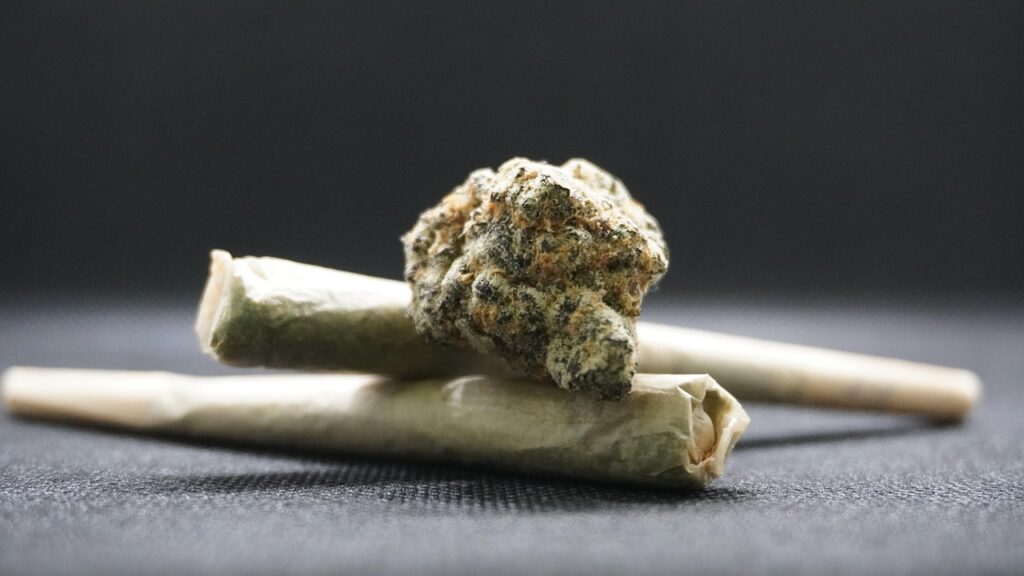Lawmakers in the United States have introduced a new bill that could make it much easier to study cannabis and other tightly controlled drugs. The Evidence-Based Drug Policy Act of 2025 (EBDPA) was introduced by Representatives Ilhan Omar and Dina Titus in Congress. The goal of the bill is to remove old rules that block federal research into drugs listed as Schedule I, like cannabis, MDMA, and heroin.
The new measure is part of a push to help US drug policy match real-life use and science. In many states, cannabis is already legal for medical or recreational use. Omar said the country needs policies that follow facts.
What Are Schedule I Drugs
Schedule I drugs are labeled by the federal government as having no medical use and a high chance of abuse. This category includes substances like cannabis, MDMA, LSD, and heroin. Because of this label, researchers find it very hard to get approval and funding to study these drugs.
The EBDPA would change parts of a 1998 law that blocks federal support for research and forces the government to oppose legalization. The bill does not aim to reclassify these drugs, which is a slow and difficult political process. Instead, it offers a simple and direct fix through new legislation.
A Chance for Bipartisan Support
Some experts believe this bill could bring together members from both political parties. Katharine Neill Harris, a drug policy expert from Rice University, said the bill is a reasonable proposal. Cat Packer from the Drug Policy Alliance described it as a smart step that focuses on evidence.
However, others are not as hopeful. Aaron Smith, head of the National Cannabis Industry Association, said that the current political climate makes it hard to pass even small changes. He believes it is tough to move anything through Congress right now.
Lack of Research Creates Problems
Experts say the US government is missing key data about how legal cannabis is affecting the country. Without research, there are still many questions, such as
How does legal cannabis affect public health
What impact does it have on teen use and crime rates
Does it change racial and economic inequality in law enforcement
Cat Packer said that federal agencies are lacking reliable data. Harris added that doctors also lack clear information. They do not know the best dosage, the long-term effects, or which strains work best for specific health problems.
Opening Doors to More Medical Research
While cannabis is the main focus of public debate, the bill would also help with research into other Schedule I substances. Some of these, like MDMA and psilocybin, have shown promise in treating mental health disorders, including PTSD and depression.
The bill would remove the legal roadblocks that stop researchers from fully testing these treatments. If these substances prove safe and effective, they could become important tools in medicine.
However, Harris warned that even if the bill passes, the Trump administration may not give much money for new research. The former president and his allies have often shown little interest in increasing science funding.
Why This Bill Matters
The Evidence-Based Drug Policy Act is not just about cannabis. It is about letting scientists study all kinds of drugs based on facts, not fear. Harris said this is a step toward smarter policies that are built on real evidence.
If passed, the bill could change how the US government treats drug research. It could lead to better health care, more knowledge, and safer choices for patients.


